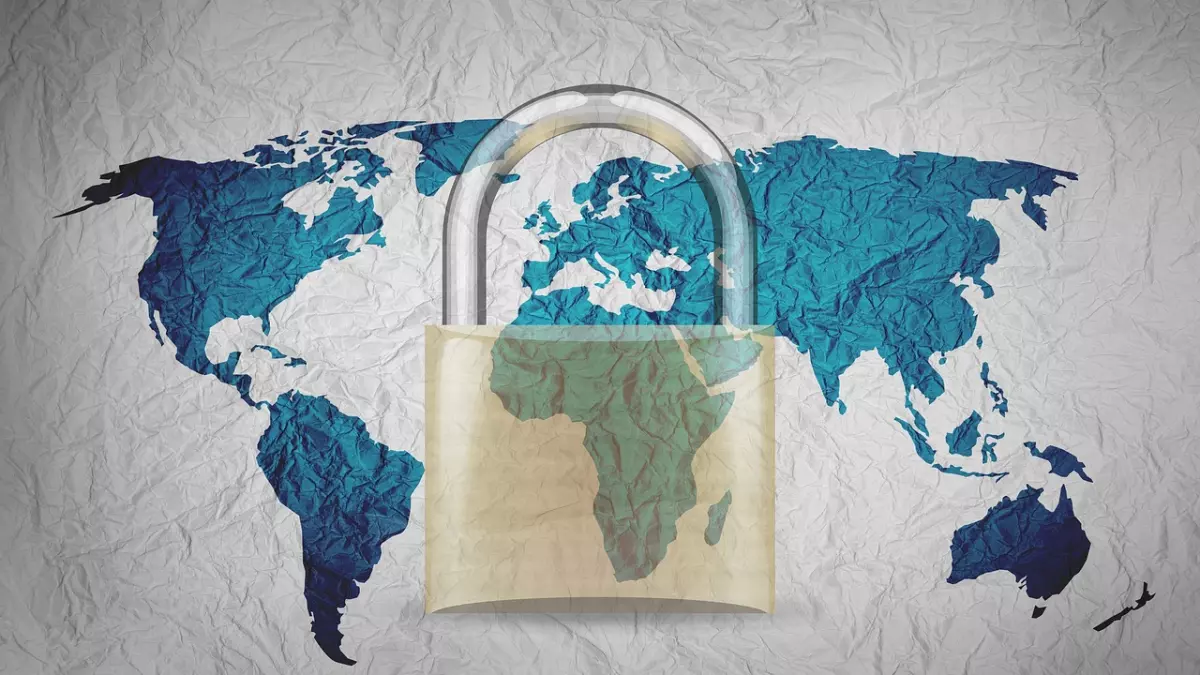Cybersecurity Audits
Ah, cybersecurity audits—the dental checkups of the digital world. No one really enjoys them, but skip one, and you might find yourself in a world of pain.

By Marcus Liu
Let’s start with the basics. A cybersecurity audit is a comprehensive review of your organization's security policies, practices, and systems. Think of it as a full-body scan for your digital infrastructure. It’s not just about checking off boxes; it’s about identifying vulnerabilities, ensuring compliance with regulations, and ultimately, protecting your data from malicious actors.
Now, you might be thinking, “I’ve got firewalls, encryption, and multi-factor authentication. Why do I need an audit?” Well, here’s the kicker: cybersecurity threats evolve faster than your Netflix recommendations. What worked last year—or even last month—might not cut it today. And that’s where audits come in. They’re your chance to catch those sneaky vulnerabilities before they become full-blown crises.
Why Audits Matter More Than Ever
Let’s get real for a second. Cybersecurity isn’t just about keeping hackers out; it’s about ensuring your entire system is resilient. And resilience doesn’t happen by accident. It’s built through regular, thorough audits.
Imagine this: You’re running a small business, and everything seems fine. Your systems are up, your data is flowing, and your customers are happy. But beneath the surface, there’s a ticking time bomb—a vulnerability in your network that no one’s noticed. Maybe it’s a misconfigured server, or perhaps it’s outdated software that hasn’t been patched. Either way, it’s only a matter of time before someone with bad intentions finds it.
That’s where a cybersecurity audit steps in. It’s like having a detective comb through your systems, looking for clues that something’s amiss. And trust me, you’d rather find those clues yourself than have a hacker find them for you.
Compliance: The Not-So-Fun but Totally Necessary Part
Alright, I know what you’re thinking: “Compliance? Snooze fest.” But hear me out. Compliance isn’t just about avoiding fines or staying on the right side of the law. It’s about ensuring that your security practices meet industry standards, which are often designed to protect you from the latest threats.
For example, if you’re in the healthcare industry, you’ve got HIPAA to worry about. In finance? Say hello to PCI-DSS. And if you’re handling data from European customers, GDPR is your new best friend (or worst enemy, depending on how prepared you are). A cybersecurity audit helps ensure that you’re meeting these standards, which can save you a lot of headaches—and money—down the road.
But here’s the thing: compliance isn’t just about checking boxes. It’s about understanding why those boxes exist in the first place. Each requirement is there because someone, somewhere, learned the hard way what happens when you don’t follow best practices. So, yeah, compliance might not be the most exciting part of your job, but it’s definitely one of the most important.
Audits Aren’t Just for Big Companies
There’s a common misconception that cybersecurity audits are only for large corporations with massive IT budgets. But that couldn’t be further from the truth. In fact, small and medium-sized businesses (SMBs) are often the most vulnerable to cyberattacks because they don’t have the same resources as the big guys. And guess what? Hackers know this.
SMBs are often seen as “low-hanging fruit” by cybercriminals. They might not have the same level of security as a Fortune 500 company, but they still have valuable data—customer information, financial records, intellectual property—that hackers would love to get their hands on.
So, if you’re running a smaller operation and think you can skip the audit, think again. In many cases, SMBs are more at risk than larger companies because they don’t have the same level of security infrastructure. An audit can help you identify gaps in your defenses and give you a roadmap for improving your security posture.
What Happens If You Skip the Audit?
Alright, let’s say you decide to roll the dice and skip your cybersecurity audit. What’s the worst that could happen? Well, for starters, you could be leaving your systems wide open to attack. And once a hacker gets in, the damage can be catastrophic—data breaches, financial losses, reputational damage, and even legal consequences.
But it’s not just about external threats. Internal threats—whether intentional or accidental—can be just as damaging. A cybersecurity audit can help you identify potential risks from within your organization, such as employees with too much access to sensitive information or outdated software that hasn’t been patched.
In short, skipping the audit is like driving without a seatbelt. Sure, you might be fine for a while, but when something goes wrong, it’s going to go really wrong.
Wrapping It Up
So, there you have it. Cybersecurity audits might not be the most glamorous part of your security strategy, but they’re absolutely essential. They help you catch vulnerabilities before they become full-blown disasters, ensure compliance with industry standards, and protect your business from both external and internal threats.
In a world where cyber threats are constantly evolving, you can’t afford to skip the audit. It’s your best defense against the unknown—and trust me, there’s a lot of unknown out there.





